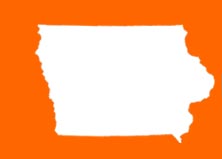

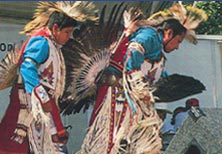
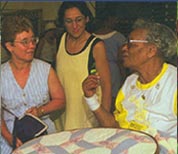
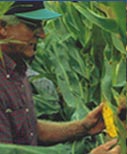
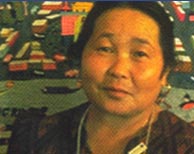
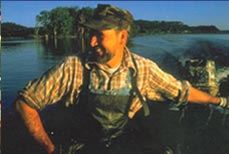
| Resources | ||||||
|
||||||
| Learning Guide |
| 1. Social Studies |
| 2. Language Arts |
| 3. Music |
| 4. Art |
| 5. Special: Multi-Disciplinary, Culminating Activities |
|
Suggested Methods
Student Activity Interview parents or neighbors who are working and have them tell you what they do, what skills they use to accomplish their work, what materials are needed, what their relationship is like, if applicable, with co-workers, supervisor, and people they supervise. Can they relate any stories, pranks, or jokes about the job? HIGH SCHOOL ADDITIONS:
Home/Community Connection Contact a county extension agent or game warden to visit the class to discuss changes in commercial fishing and farming in Iowa. Compare the fishing, towboating, and farming of today with how these occupations were practiced a century ago, or even several decades ago. In the past, farming techniques were usually handed down within the family. At present new techniques for farming are taught in schools and universities. How has this different way of learning influenced the occupational folklife of farmers? What do you think the future will be like for workers in these occupations?
Student/Senior Citizen Exchange Interview a retired senior about a job he or she had for a long period of time. Sample interview questions could include:
|
|||||||||||||||||||||||||||||
| | | Next |
| HANDOUTS/READINGS |
Reading: |
| MEDIA SUPPORT |
Video: Iowa Roots Interviews: |
| smithsonian institution |
 |
pioneer hi-bred international, inc. |
iowa sesquicentennial commission |
 |
iowa arts council |
